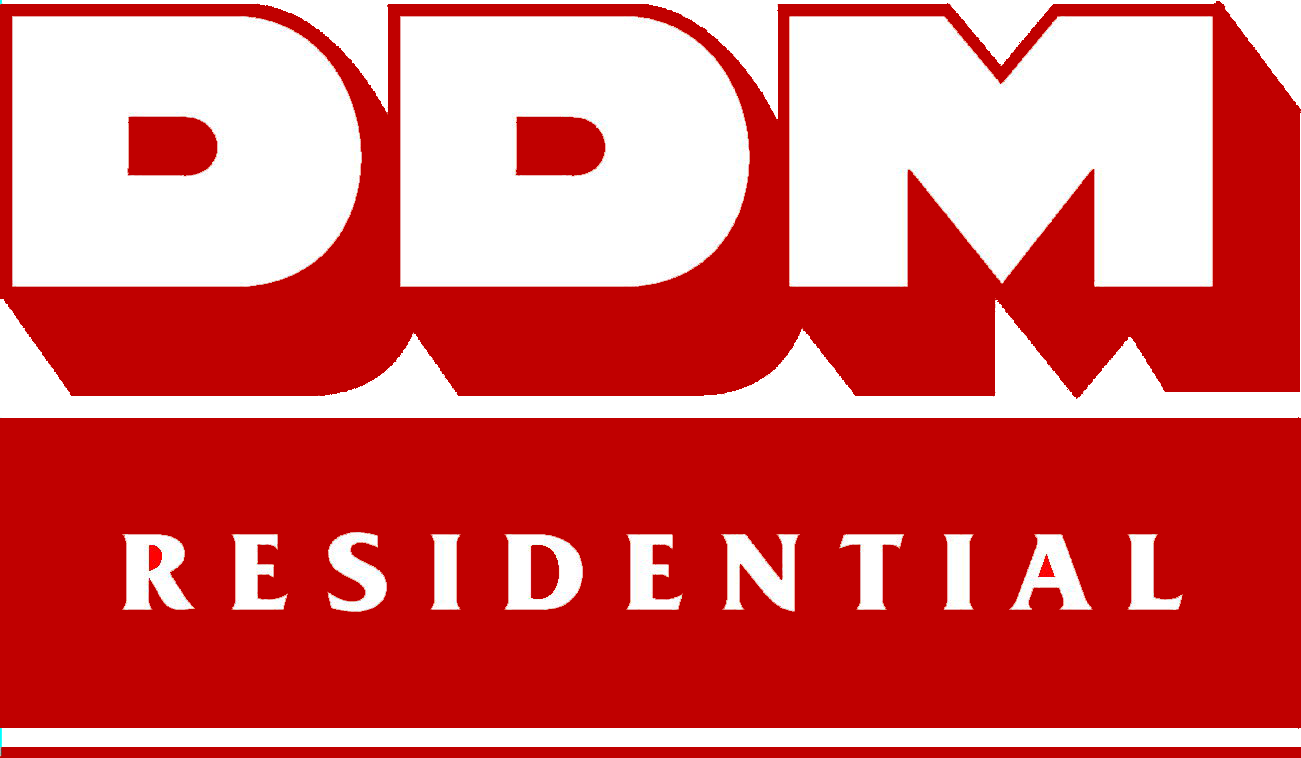As a landlord, protecting your investment is a top priority. One key way to do this is through a tenant’s deposit, which serves as a financial safeguard against potential losses during a tenancy. However, it’s essential to understand the correct and legal way you can use a tenant’s deposit. Let’s look at what you can and can’t deduct from a tenant’s deposit and why having the support of an estate agent can help you keep your property safe.
When Can a Landlord Deduct From a Tenant’s Deposit?
A tenant’s deposit is theirs, and landlords can only use it to cover legitimate financial losses caused by the tenant’s actions. Common reasons for deposit deductions include:
- Cleaning – If the property is not in the same clean condition as at the start of the tenancy.
- Damage – Any damage beyond reasonable wear and tear, such as broken fixtures or damaged appliances.
- Redecoration – If excessive damage to walls, floors, or ceilings requires redecoration.
- Missing Items – If items provided in a furnished property are missing at the end of the tenancy.
- Gardening – If outdoor areas require professional maintenance.
- Rent Arrears – Any unpaid rent due at the end of the tenancy.
- Unpaid Utilities – If the tenant leaves outstanding utility bills.
To ensure that you can legally deduct from a deposit, your tenancy agreement must include a clear deposit use clause.
What is a Deposit Use Clause?
A deposit use clause is a section in the tenancy agreement that sets out how and when a landlord may use the deposit. It ensures transparency for both parties and provides a legal basis for deductions if necessary.
This clause should outline:
- The circumstances under which deductions can be made (e.g., unpaid rent, property damage, cleaning costs, etc.).
- The process for refunding the deposit, including any agreed deductions.
- The role of an adjudicator in cases of dispute.
Without a deposit use clause, an adjudicator will unlikely rule in a landlord’s favour in the event of a dispute. Supporting evidence is required, such as a signed inventory, check-in and check-out reports, dated photographs/videos, invoices, and correspondence between parties.
How Much Can a Landlord Deduct From the Tenant’s Deposit?
Landlords should only deduct reasonable amounts and provide clear evidence of the costs incurred. It’s also essential to account for wear and tear. For instance, if a tenant damages a carpet after five years of tenancy, the landlord cannot charge them for a brand-new replacement, only for the remaining value of the carpet. Using a product lifespan guide can help landlords calculate appropriate deductions.
Additional Clauses to Consider in a Tenancy Agreement
Depending on the property and tenancy arrangement, landlords may want to include additional clauses, such as:
- Pet Clause – If tenants have pets, this clause can state that any damage caused by the pet may result in deductions from the deposit.
- Garden Maintenance Clause – If the property has a garden, this clause can specify the tenant’s responsibility for upkeep.
- Smoking Clause – If smoking is prohibited indoors, landlords may include a clause stating they may deduct professional cleaning costs if the tenant breaches this rule.
Protecting a Tenant’s Deposit
As a responsible landlord, it’s crucial to protect the tenant’s deposit within 30 days of receipt in a deposit protection scheme. At the end of the tenancy, any disputes over deductions can be resolved through an adjudication process. Ensuring a fair outcome for both parties.
For more guidance on tenancy agreements, deposits, and landlord best practices, contact us at [email protected]. If you’re looking for a simple and secure way to protect your tenant’s deposit, consider a Custodial or Insured deposit protection scheme for peace of mind.



